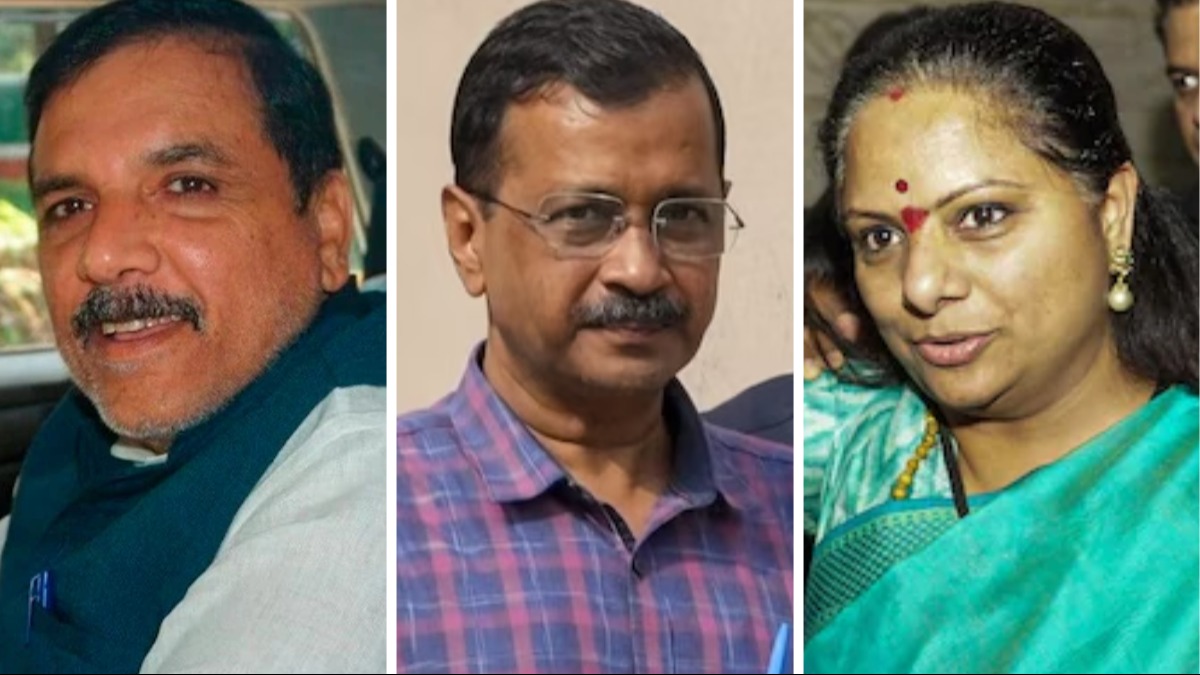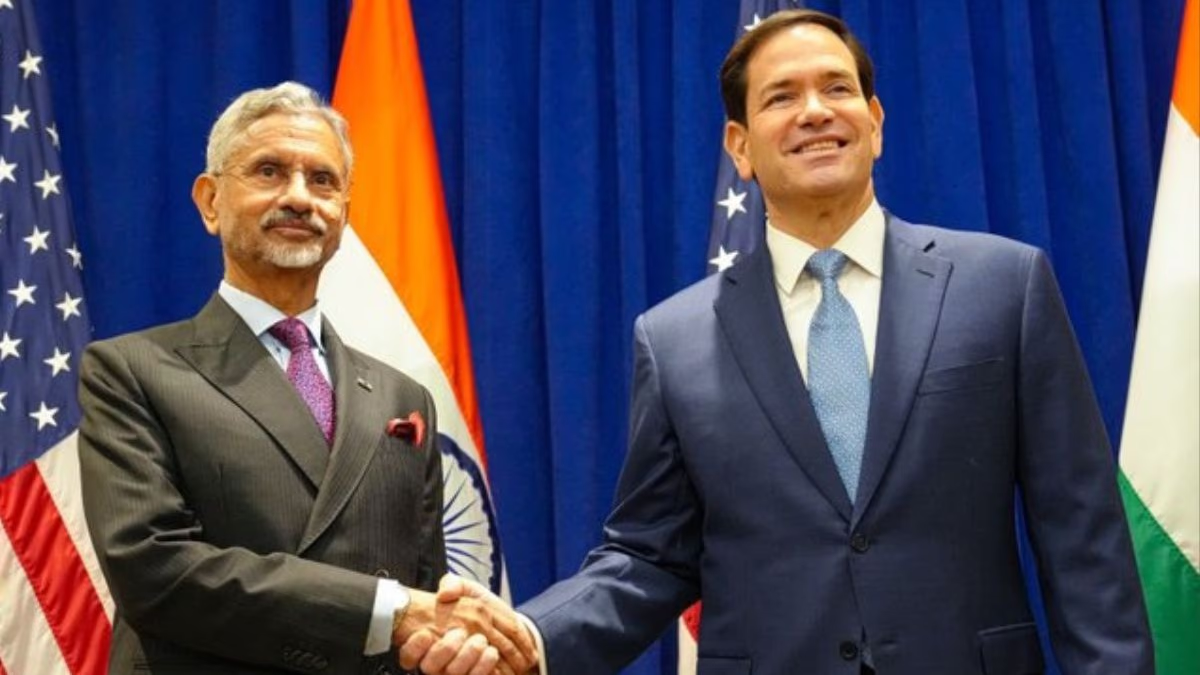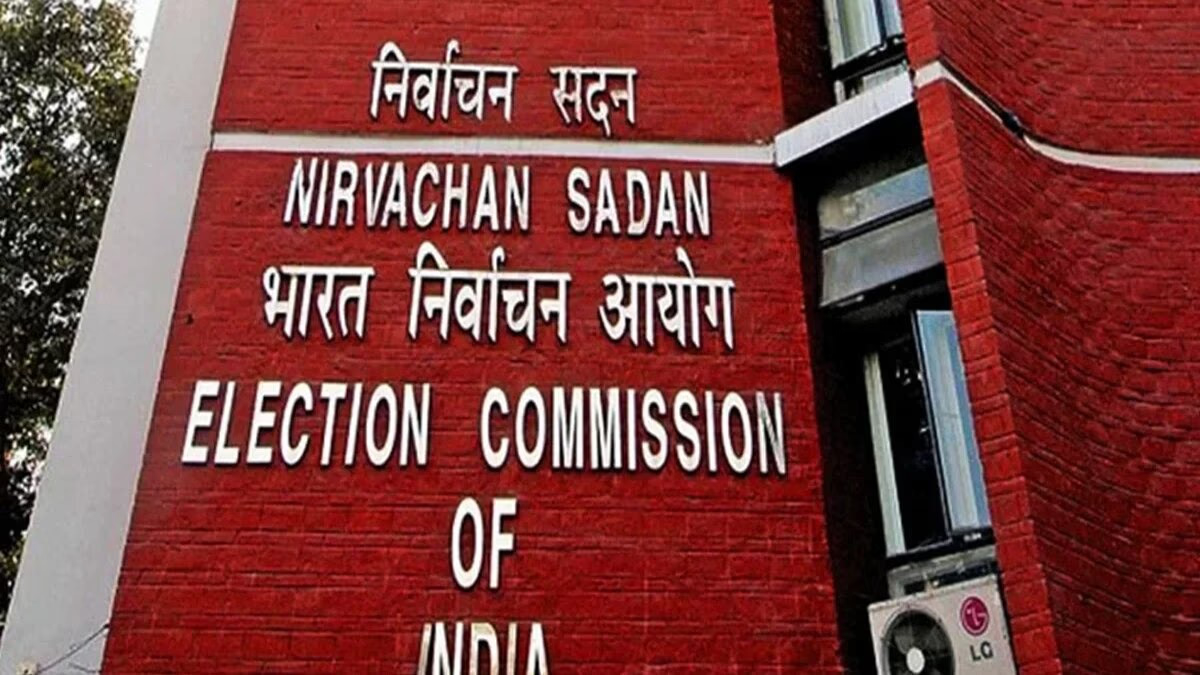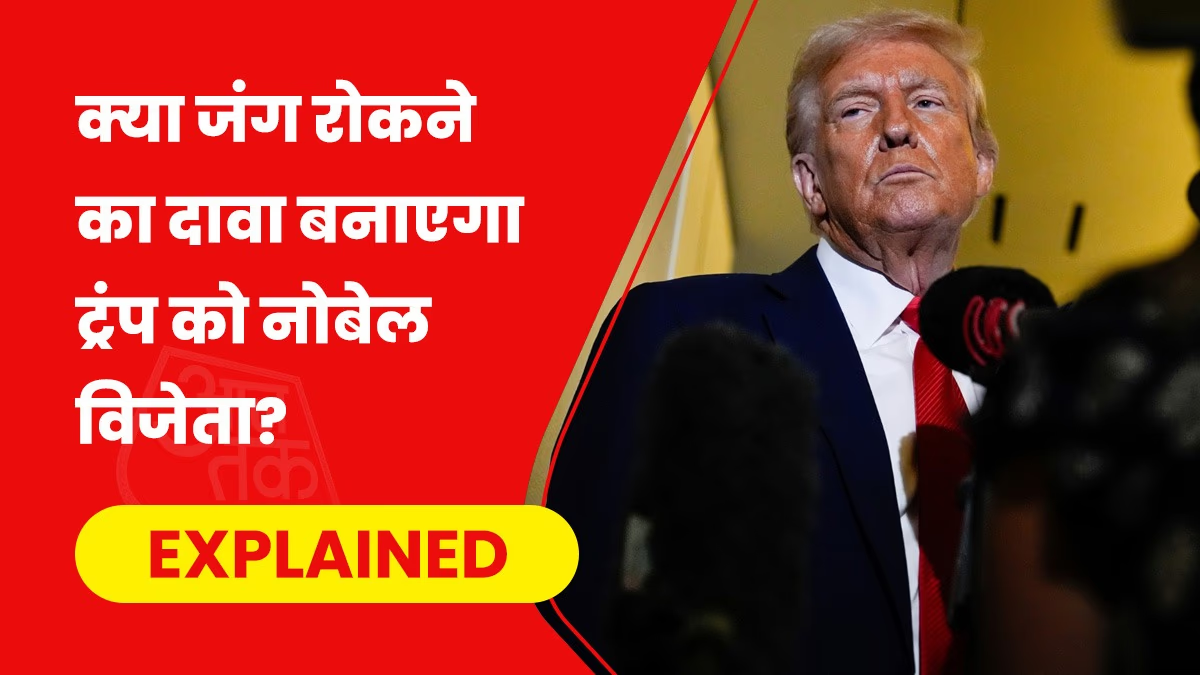Arvind Kejriwal Arrest:
Today marks a critical turning point in the Delhi liquor policy scandal case. The Delhi High Court is set to deliver a verdict on Chief Minister Arvind Kejriwal's plea, which contests his arrest and ED's subsequent remand. Clarity is expected on whether Kejriwal will be granted relief. The court is poised to rule on the legality of his detention. The hearing has already been completed, and a verdict is eagerly awaited this afternoon at 2:30 PM by Justice Swarana Kanta Sharma.
Prior to today's verdict, two decisions relating to the liquor scandal have been delivered within a week. The Supreme Court has granted bail to AAP's Rajya Sabha MP Sanjay Singh, while a trial court at Rouse Avenue has dismissed the bail plea of BRS leader K. Kavitha. Now, all eyes are on the Delhi High Court's impending decision concerning Kejriwal—will it be a cause for relief similar to Sanjay Singh’s, or will it result in a jolt akin to K. Kavitha’s? The answer will become clear later today.
Having been apprehended in connection with the liquor policy fraud, Kejriwal has deemed his arrest and the ED's remand as unconstitutional in his petition. The Enforcement Directorate arrested him on March 21st. The agency has accused Kejriwal of being the mastermind behind the excise policy scam-associated money laundering. Initially, Kejriwal was in ED custody before the Rouse Avenue Court sent him to judicial custody in Tihar Jail for 15 days on April 1st. Today is the 20th day since his arrest. Following Sanjay Singh's release, the AAP holds high hopes for a favorable ruling from the High Court.
During the High Court's hearing, Kejriwal's lawyer, Abhishek Manu Singhvi, argued that immediate arrest of the CM was unwarranted. Kejriwal has raised questions about the timing of his arrest and called it a violation of democracy, free and fair elections, and a level playing field. Meanwhile, the ED maintains that Kejriwal is the principal conspirator in the liquor scandal. The investigative body contended that the upcoming elections do not exempt Kejriwal from arrest, asserting that the law applies equally to him and the common man. The High Court has already sought a response from the Enforcement Directorate and has heard arguments from both sides.
The Decision on Kejriwal's Second Petition Is Also Pending
Another decision regarding Kejriwal's second petition is expected today. The Rouse Avenue Court will rule on the petition wherein Kejriwal has requested additional time to consult with his lawyers, seeking to be allowed 5 visits with his lawyers per week instead of merely 2.
K. Kavitha Sent to Judicial Custody until April 23
Meanwhile, K. Kavitha was presented in the Rouse Avenue Court today, and the court has sent her to judicial custody until April 23rd. The ED has argued the necessity of her detention for further clarity on her role. Prior to this, the trial court had sent Kavitha to 14 days of judicial custody until April 9th, following her 10-day stint in ED custody. Just a day before, Kavitha received a setback from the same court, which rejected her plea for interim bail, which she sought citing her minor son's school examinations.
ED Interrogates AAP MLA Durgesh Pathak for 4 Hours
In connection with the same excise policy case, the ED has now tightened the noose around AAP MLA Durgesh Pathak and Kejriwal's personal assistant, Bibhav Kumar. Pathak underwent approximately 4 hours of questioning Monday evening, after which he stated that he would continue working for the people as long as he lives. This struggle, he says, is long, and such difficulties are to be expected along the way. AAP has raised questions regarding the ED's interrogation of Durgesh Pathak. Minister Aatishi has claimed that this is a BJP conspiracy to hinder AAP's election campaign. In response, the BJP retaliated, suggesting that AAP leaders themselves are revealing the names of their own affiliates.
The case dates back to 2021-22, with allegations that the Delhi government engaged in corruption in the formulation and implementation of its excise policy. The Lieutenant Governor recommended a CBI investigation, which paved the way for the ED's involvement due to money laundering concerns. Meanwhile, Delhi's AAP government had subsequently rescinded this policy.




